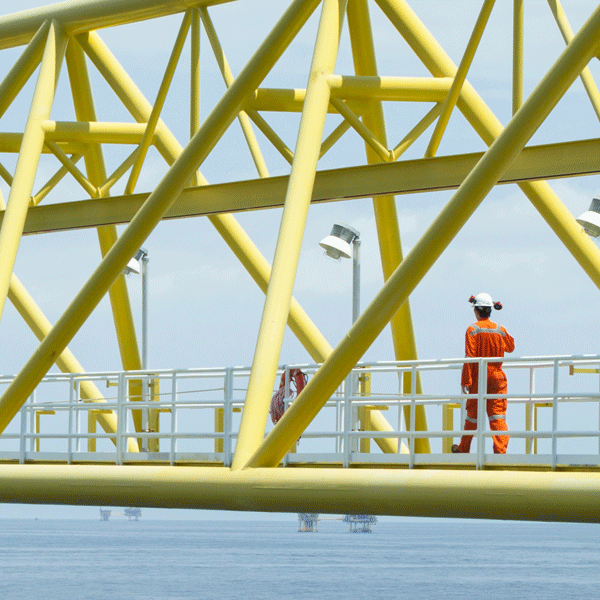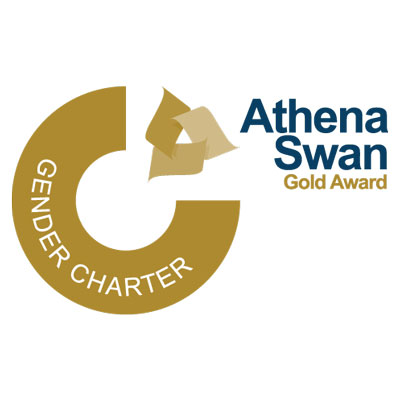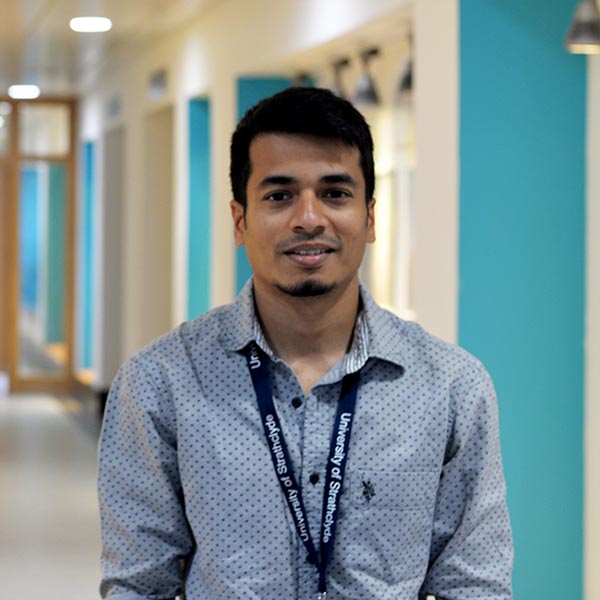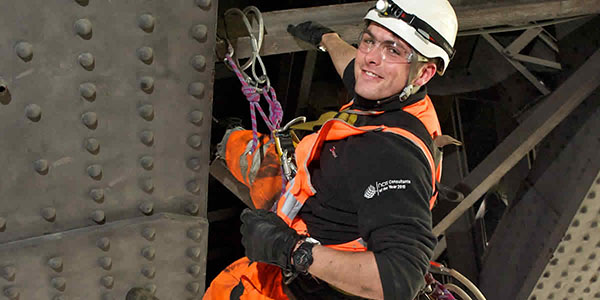Apply
Entry requirements
We look for a first-class or upper second-class UK Honours degree, or overseas equivalent, in a relevant discipline, from a recognised educational institution.
The application
During the application you'll be asked for the following:
- your full contact details
- copies of transcripts and certificates of all degrees (in English)
- two references, one of which must be academic and completed using the Reference Form
- an updated CV, detailing research and/or industry experience along with details of your publications
- a research statement, outlining your research interests and future career aspirations (this is mandatory for PhD, MPhil and MRes applicants)
By filling these details out as fully as possible, you'll avoid any delay to your application being processed by the University.
Note for MRes Applicants:
Research Statement (Mandatory): The content and structure of this statement is largely up to you, but it should communicate why you want to do an MRes, why you want to do this MRes programme, and why you are a suitable candidate. It can also be helpful to outline how you meet the application criteria, your career aspirations, and an indication of the research topic or topic area you are interested to pursue (and any potential supervisor(s) that you have identified). We cannot process your application without your research statement.
International applicants
If you're applying internationally, you'll also need to provide us with the following:
- proof of IELTS English language proficiency if English isn't your first language (taken within two years)
- a scanned copy of your passport
- a scanned copy of your sponsorship letter (if available)
Supervisors
Research supervisors are assigned to you by the Department of Civil & Environmental Engineering. Let us know in your application who you'd like to work with, but the department will team you up with the best supervisor for your project.
Once we've received your application, your research proposal is passed to potential supervisors for consideration. If it's not compatible with the researcher's current projects and they are unable to supervise, it's passed along to another for consideration. If they can supervise you, they’ll confirm and nominate a potential second supervisor.
As soon as a second supervisor is confirmed, an offer will be sent to you through Pegasus, our online application system.
When you accept our offer of study, you'll receive a full offer in writing via the email address you'll have provided.
Accepting an offer
Once you've accepted our offer, we'll need you to fulfil any academic, administrative or financial conditions that we ask.
UK students
If you're applying as a UK student, you'll then be issued with your registration documentation.
International students
An ATAS (Academic Technology Approval Scheme) clearance certificate is a mandatory requirement for some postgraduate students in science, engineering and technology.
Find out if you need an ATAS certificate.









